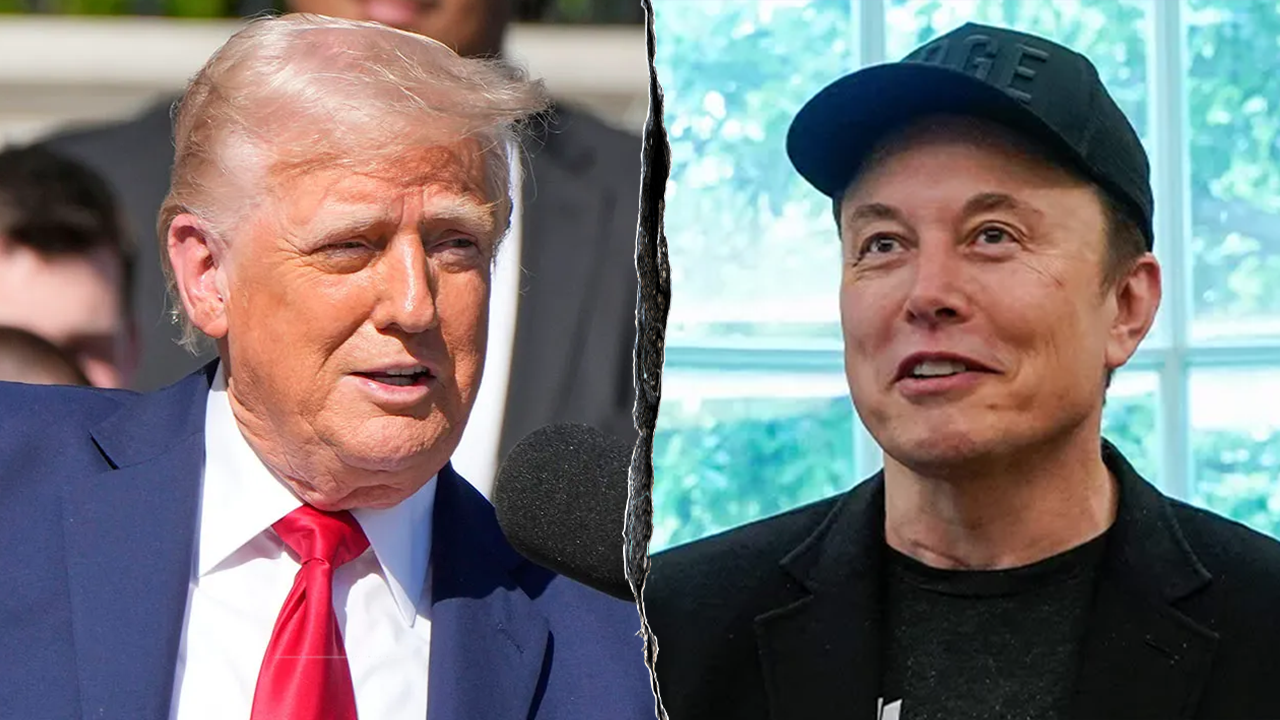Tech Secretary Highlights Steve Jobs' Apple Turnaround as Parallel to Reeves' Economic Strategy

In a striking comparison, the UK's Technology Secretary recently drew parallels between Steve Jobs' remarkable turnaround of Apple and the economic strategies being implemented under the leadership of Rachel Reeves. The minister highlighted the dire situation Apple faced prior to Jobs' return – a mere 90 days from insolvency – to underscore the challenging circumstances the current government inherited.
Speaking at a recent event, the Secretary emphasized the urgency and transformative potential of decisive leadership. The analogy to Apple’s story, widely considered a case study in corporate revitalization, serves to illustrate the ambition and scale of the economic reforms currently underway. It signals a willingness to take bold steps, mirroring Jobs' often-unconventional approach to innovation and management.
The Apple Analogy: A Moment of Crisis
The comparison isn't simply about facing adversity, but about the profound changes required to overcome it. When Steve Jobs returned to Apple in 1997, the company was on the brink of collapse. Years of mismanagement, a bloated product line, and a lack of clear direction had left it struggling to compete. Jobs' response was radical: streamlining the product range, focusing on design and user experience, and fostering a culture of relentless innovation. He famously said, “Innovation distinguishes between a leader and a follower.”
Relevance to Current Economic Challenges
The Technology Secretary's reference to this historical event is a deliberate attempt to reassure the public and investors about the government's commitment to navigating the current economic headwinds. Like Apple under Jobs, the UK faces significant challenges, including inflation, supply chain disruptions, and global economic uncertainty. The Secretary's message is clear: a period of intense focus and strategic realignment is necessary to secure long-term prosperity.
“Just bear in mind that how Apple turned itself around when Steve Jobs came back to Apple, they were 90 days from insolvency. That’s the kind of situation that we had when we came into office,” the minister stated. This statement underscores the gravity of the situation and the need for a similarly transformative approach.
Beyond the Comparison: What Does it Mean?
While the comparison to Steve Jobs and Apple is compelling, it's crucial to understand the nuances. Rachel Reeves, as Shadow Chancellor of the Exchequer, is focused on economic policy and fiscal responsibility, rather than product innovation. However, the underlying principle remains the same: a willingness to challenge the status quo, make difficult decisions, and invest in a sustainable future.
The Secretary’s comments are likely to spark debate and scrutiny, but they also offer a glimpse into the government's strategic thinking and its determination to overcome the economic challenges ahead. The story of Apple’s resurgence serves as a powerful reminder that even in the face of seemingly insurmountable odds, transformative change is possible with strong leadership and a clear vision.
Ultimately, the success of these efforts will depend on the ability to execute effectively and build consensus across a range of stakeholders. The analogy to Steve Jobs and Apple provides a compelling narrative, but the real test lies in the implementation of policies and the delivery of tangible results.





